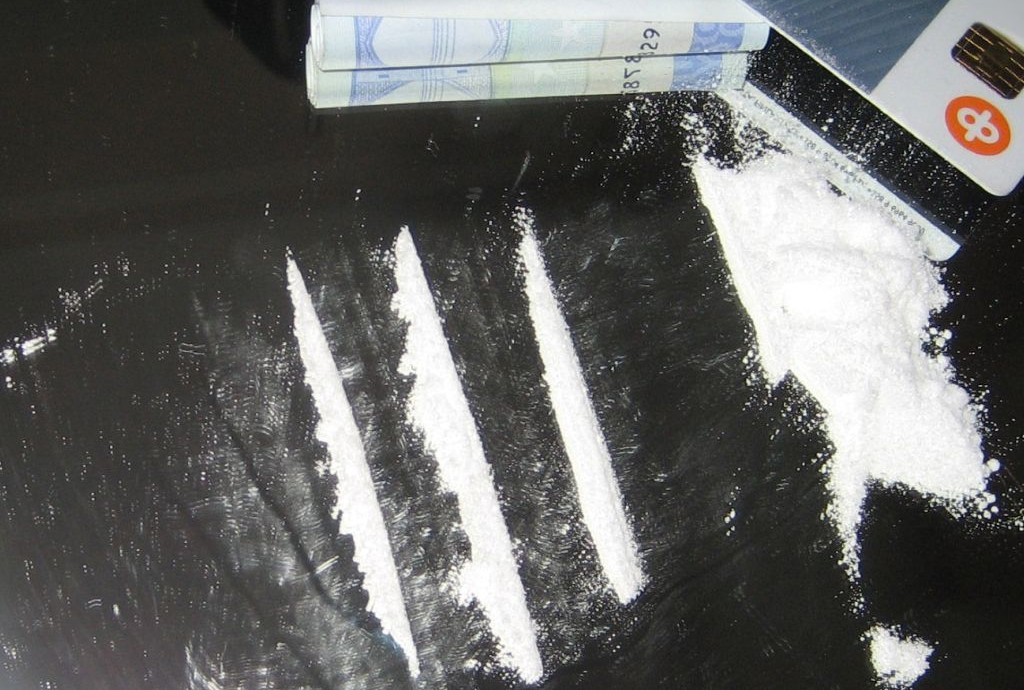In brief
- Government policies to improve Māori outcomes may be patronising, counterproductive, and worsen racism.
- Normalising gangs and rhetoric, like calling policy rollbacks “systemic genocide,” reinforce stereotypes of Māori needing special treatment.
- Policies aimed at Māori appear to have led to increased welfare dependence and higher injury rates.
- Despite years of progressive policies, nearly half of Kiwis believe race relations are worsening, according to recent polling.
Solving racism or making it worse?
Many government policies aimed at improving Māori outcomes often stem from a desire to address perceived historical injustices. However, they may be patronising, counterproductive, and, paradoxically, perpetuate the very issues around racism that they purportedly aim to resolve.
Patronising policies
For instance, the normalisation of gangs by the previous government and the media reinforces negative stereotypes.
Māori are seen as needing to be rescued or excused for criminal behaviour rather than as capable and responsible individuals.
This also overshadows positive role models, diminishes accountability, and creates a divisive image.
Another example may be found in Te Pāti Māori’s extreme rhetoric, like calling the rollback of smoking regulations “systemic genocide”. This implies Māori need special protection, reinforcing negative stereotypes. This portrayal suggests Māori are uniquely vulnerable and need saving, which is inaccurate and harmful.
Counterproductive policies
The decrease in the number of children in state care by Oranga Tamariki (OT) is touted as a success, but the policies backing this claim may be counterproductive.
Researcher Lindsay Mitchell notes OT’s data shows things are getting better, but police data shows things are getting worse. From 2019 to 2023, while fewer under-5-year-olds were taken into care, there was an increase in acts intended to cause injury against them, particularly affecting Māori children. The rise in intentional injuries may be linked to the policy of keeping Māori children with their whānau, showing a possible conflict between cultural values and child safety.
Mitchell also argues that government policies under former Prime Minister Jacinda Ardern, aimed at reducing child poverty, have effectively encouraged parents not to work by narrowing the income gap between state benefits and employment.
The number of children raised on welfare reached a new high of about 222,500 by the end of 2023. According to Māori communications advisor Jon Stokes, this is despite record funding and some successes like increased Māori representation in the judiciary.
Stokes writes that the perception grew that Labour’s focus on symbolic gestures and high-profile appointments overshadowed the need for tangible improvements in everyday life for Māori families and communities.
Perpetuating racism
Data indicates that many race-based policies, backed by “Māori as victim” narratives, have not only failed to address the root causes of inequality but have also worsened race relations.
According to a 1News Verian poll from July 2023, nearly half of New Zealanders believe that race relations are getting worse.
Focusing on Māori outcomes as victimisation can keep negative and condescending racist stereotypes of Māori being dependent and oppressed.
The definition of who qualifies as Māori has been stretched, often to suit political expediency, to include individuals with minimal Māori ancestry, which may be inappropriate.
This situation is analogous to how the Australian government stretches the definition of who is a New Zealander within their prison population to justify deportation, regardless of how tangential the person’s connection to New Zealand may be.



















